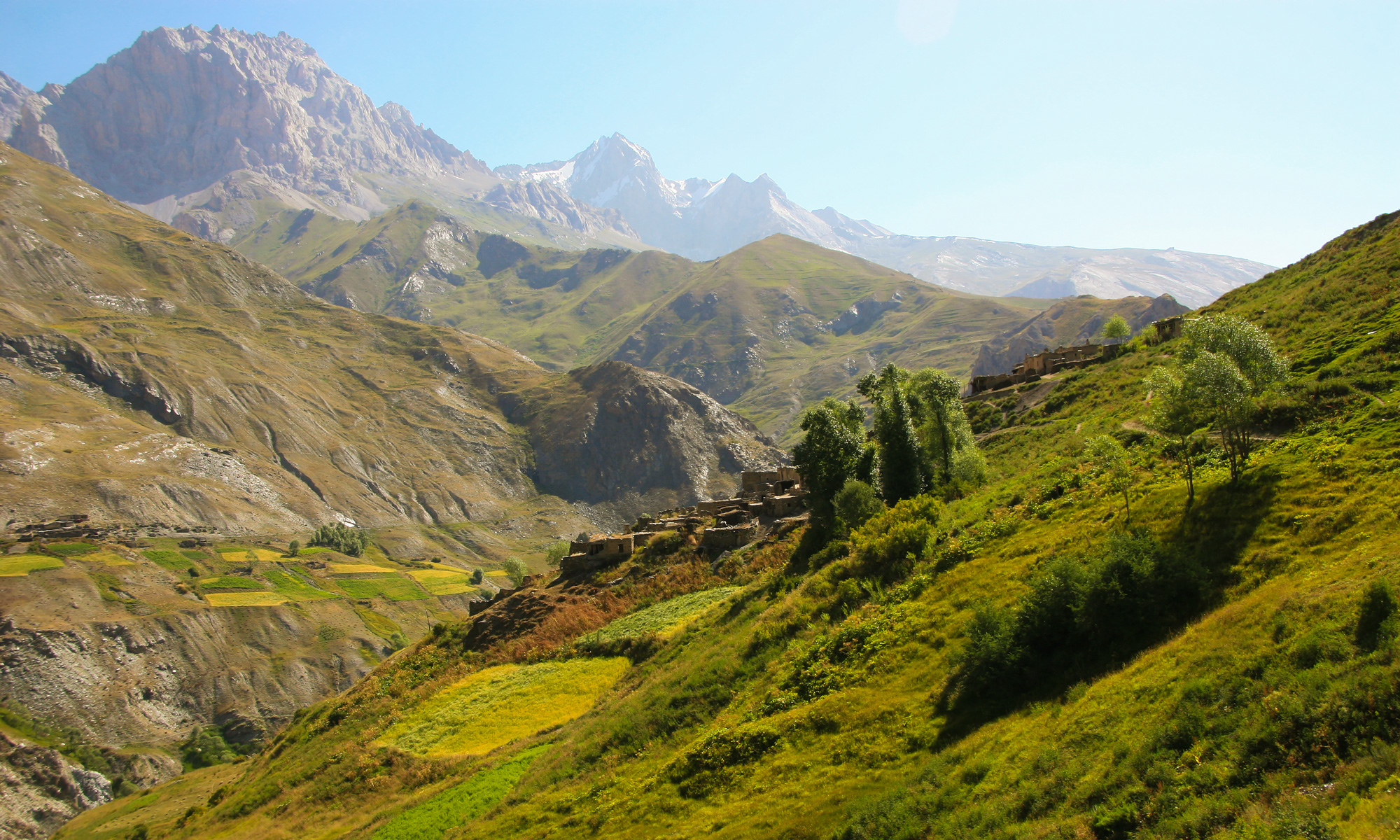Welcome back to our folk memory series.
In the highlands of Yaghnob, where paths are cut by hoof and wind, many of the old stories still live—quiet, brief, and sharp as stone. Today’s tale is one such story. Short in words, but deep in meaning.
This is the story of a boy… and a hungry wolf.
Once, a young boy was returning home through the mountain trail when a wolf appeared in front of him.
The wolf growled, his eyes set on the boy.
But the boy, brave or clever—or maybe just desperate—spoke quickly:
“If you eat me now, what will you gain?
Let me go. I’ll grow up strong.
One day, I’ll have a horse, a sword…
Then when you eat me, I’ll be real meat—better meat.”
The wolf, perhaps amused or curious, agreed. He let the boy go.
Years passed. The boy grew into a man.
He got a horse. He got a sword.
And one day, he returned to the forest, looking for the same wolf.
He found him.
“Now,” said the man, drawing his sword, “I’ve come to finish what you started.”
The wolf looked at him—not with anger, but with something closer to confusion.
“When I was starving,” said the wolf, “I spared you.
Why would you kill me now, when you are full?”
This tale is told in just a few lines in the original Yaghnobi, but like many mountain stories, its simplicity hides deep complexity.
The wolf, often seen as a threat in folklore, becomes a figure of unexpected mercy.
The boy, a symbol of future hope, returns not with gratitude—but vengeance.
Why?
That’s the heart of the story. And the answer is not easy.
Perhaps it’s a warning about promises made under pressure.
Or a reflection on how power changes us.
Maybe it’s just a tale to make us pause and ask:
“What do we owe to those who showed us mercy?”
Source:
Adapted and translated from Khromov – 10 Texts, Text VII
